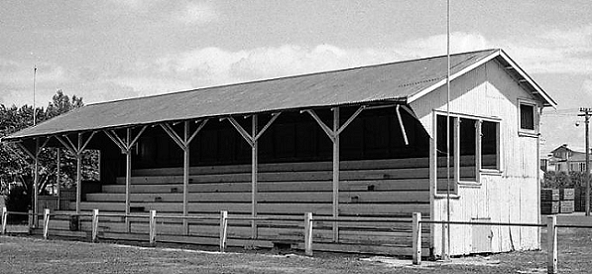10% of clubs reported losing money in 2022 which is up from 2021, but similar to 2020 (11%). Fewer clubs reported losing money in 2019 and 2018. The average membership of a sport club in New Zealand is steady this year (203) compared to 2021 and back to the level it was in 2018, after a noted decline in 2019 (190) and 2020 (175).
Project lead Dr Mel Johnston is encouraged by club membership returning to pre-pandemic levels noting that “having more members typically means greater revenue to meet rising costs across the board”. As to more clubs losing money than last year, Dr Johnston isn’t too concerned as “there will always be some clubs in the red and one tenth of clubs in this situation is not catastrophic for the sector.”

However, the amended Incorporated Societies Act will have a profound effect on community sport clubs due to increased regulatory obligations for club volunteers. Information about these changes has not trickled down effectively yet, as 27% of clubs reported not being aware of it. Notably, 32% of clubs said their constitution had not been reviewed in the last 2 years; under the new Act, all clubs will need to register a new constitution.
NZASA Chairman, Gordon Noble-Campbell said, “data on club dissolutions for non-compliance indicates that many clubs found it difficult to comply with the obligations of the earlier 1908 Act, with feedback from recent seminars around the country confirming fears that increased regulation will cause a severe reduction in volunteers willing to assist in the governance of clubs, with the risk of a reduction in the number of clubs overall.” Noble-Campbell said “clubs provide much more than sport to their local communities and its critical that this is taken into account in any new regulations arising from the Act.”
Clubs were also asked to report on the nature of their relationships with local authorities. Engagement was reported to be positive but communication from local authorities to clubs was reported to be less effective. It was notable that Auckland-based clubs were less positive in respect to both engagement and communication, than clubs located elsewhere. In addition, rural clubs reported more effective communication with local authorities than urban clubs.

Open-text responses further describing the intersection between clubs and local authorities was also revealing of trends and friction points. A distinctly transactional (rather than supportive) nature to engagement was noted, such that clubs deal with councils to “meet an obligation” but not to “innovate or advance” community sport in any way. A polarity in “relationship quality” was also noteworthy, in that as many clubs seem to deal with local authorities quite constructively, but many refer to lengthy turnaround times, poor communication and dismissiveness when interacting with their local authority.
Further 2022 NSCS insights will be disseminated in weeks upcoming. The NSCS Project team will be at Auckland-based World in Union and IWG Conferences in November to present insights. Regional workshops are planned for Auckland, Wellington, Hawke’s Bay and elsewhere before the end of the year.